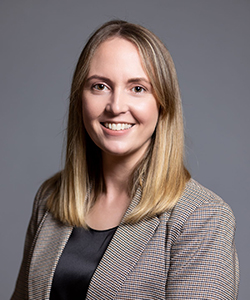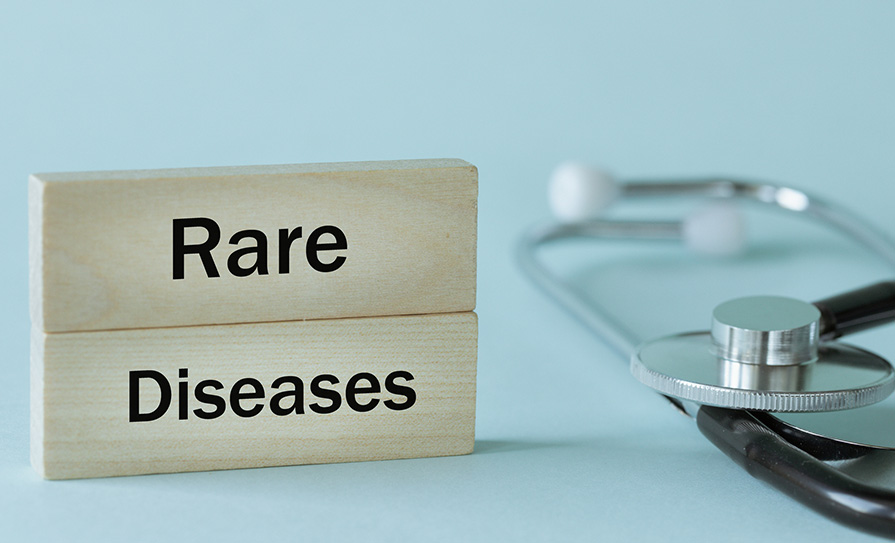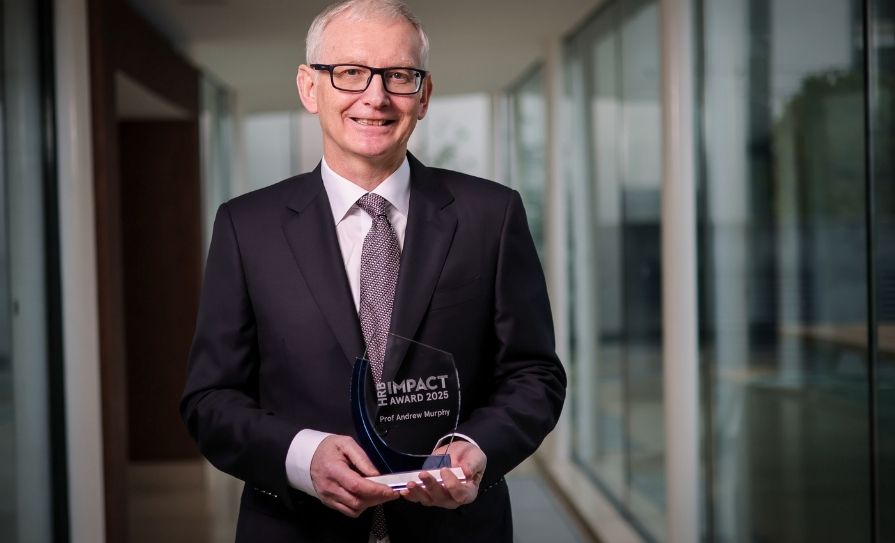Dr Siobhán Hendrick (PhD), Patient and Public Involvement Liaison with the Rare Disease Clinical Trial Network, speaks to Niamh Cahill about patient engagement in research activities in the area of rare diseases

Dr Siobhán Hendrick (PhD)
Collaboration is a key feature of all research activities, but perhaps it is of most significance in the sphere of rare diseases.
With more than 7,000 rare diseases worldwide it would be impossible for one country alone to conduct the large volume of clinical studies required to help meet the needs of patients.
Progress is dependent on cooperation, which enables researchers to share resources and data from which patients are the ultimate benefactor. This is why communication on studies, both within Ireland and abroad, is crucial.
A vital aspect of research are the patients themselves, whose input until recent decades was perhaps overlooked by clinicians when undertaking studies.
But this is not the case in Ireland today, according to Dr Siobhán Hendrick (PhD), Patient and Public Involvement (PPI) Liaison with the Rare Disease Clinical Trial Network (RDCTN).
“At a European level, Ireland is seen as one of the leaders in PPI in health research. It’s been amazing to see that more researchers know what PPI is and that they understand its importance,” she told the Medical Independent.
Limited research
Around 300,000 people in Ireland are estimated to be living with a rare disease. Unfortunately, there is only treatment for about 5 per cent of rare diseases currently. Of the limited research underway, awareness of its existence is sometimes lacking among larger groups of researchers and indeed patients.
The mere fact that a patient is aware their disease is being studied, with the aim of improving treatment and therapies, could provide much-needed hope, Dr Hendrick noted.
“Particularly in the rare disease space there might not be any treatment available sometimes, but the fact that someone is doing early-stage research in a lab somewhere might offer hope to a patient,” she said.
This is where the RDCTN comes in. It is a patient-oriented research network based within the University College Dublin (UCD) Clinical Research Centre, which aims to increase the quantity and quality of rare disease clinical trials in Ireland.
The RDCTN has aspired to have the patient at the centre of its activities. Dr Hendrick recently began a full-time role as PPI Liaison with the network, the first position of its kind here in terms of its collaboration between Health Research Charities Ireland (HRCI) and UCD.
The RDCTN was funded by the Health Research Board (HRB) last year. It was recognised there was a need to ensure the patient voice was fully embedded in those activities, which is why Dr Hendrick’s role, together with HCRI, was created.
The network and role are funded for five years, but it is hoped that the role will become “self-sustaining after that time”, according to Dr Hendrick.
All PPI activities are aimed at ensuring the patient voice is fully embedded across the network.
The development builds on ongoing improvements in patient engagement in research, which has improved dramatically since 2017 following support from the HRB.
The launch in 2017 of the PPI Ignite Network, funded by the HRB and Irish Research Council with co-funding from universities, promoted and established patient engagement at the heart of clinical studies here.
Dr Hendrick’s role as liaison will include the creation of a rare disease patient advisory group. She explained how this will work.
A pool of PPI diverse and inclusive contributors will be formed and a sub-group will emerge in the form of an advisory panel “lasting a year or two for longer-term PPI activities”.
“We don’t know exactly what it’s going to look like at this stage, but bringing in those PPI voices from the start is trying to get them to help us shape this and decide the best approach to take, rather than bringing them in in a year or two when we’ve already made all the decisions.”
The starting point, however, is raising awareness of the role and network itself and building relationships with the rare disease community, such as patient groups.
“Not everyone is necessarily part of a patient organisation or covered within Rare Disease Ireland [a patient organisation] so it’s trying to expand the reach of the network to bring in lots of different voices. Representation is very important when it comes to healthcare,” she said.
“We already have a number of people that have expressed an interest in joining our activities.”
There are rare disease groups that are well-informed, structured, and engaged, “because they’ve had to be their own advocate and even fundraise for research.”
“We will engage with those groups and secondly broaden the reach and go out to community and disability groups that aren’t specific to rare diseases, but who might have people within them that are part of the rare disease community.”
In June, Dr Hendrick spoke at an online rare disease forum event on the topic of public and patient involvement in research.
In her presentation she stressed the benefits of PPI in rare disease research. They include improving patient access to trials; enhancing the quality, relevance, and impact of research; and ensuring information is shared to have the most impact on those who can benefit from it.
PPI contributors might be asked to work with research teams on projects, join network governance teams or co-create educational materials and workshops, for example.
There is a lot of rare disease research in Ireland currently, according to Dr Hendrick, but it is happening “in little pockets”. The network aims to consolidate all clinical trials and research.
Still very much in its infancy, within five years Dr Hendrick hopes that the rare disease community will form a greater part of research activities.
Alongside this goal, it is hoped that enhanced capacity for researchers to do more rare disease clinical trials in Ireland will have occurred, as well as improved support for industry in establishing trials in this country.
Lived experience
Dr Hendrick, who has a PhD in molecular medicine, has always been passionate about bridging the gap between research and how that translates into societal impact.
“I learned really early on in my career to question why information isn’t always shared, because what’s the point if it doesn’t reach those who are most likely to benefit from it?” she commented.
“I’ve always been passionate about PPI because I’ve seen first-hand the different perspectives people with lived experiences bring to the table and how much it can enhance the quality and impact of the research. It’s really exciting to be able to facilitate that and it’s never the same. Everyone has different perspectives. It can be challenging, but very rewarding.
“There has been a need for this type of network for a long time. I think particularly in terms of my role, people are telling me there has been a need
for a coordinated PPI role in this space for a while.”
Her role will help to foster communication, collaboration, and alliances in the rare disease research arena. But with such a large volume of rare diseases, Dr Hendrick admits that it will be challenging to create an advisory group that can ensure a “collective rare
disease voice”.
A new website (www.rarediseaseresearch.ie) is due to go live at the end of August. The website will contain information about the network and PPI activities, with details on how interested parties can sign up to a newsletter to follow progress.
“The website will be very helpful for doctors and healthcare professionals, as we’re running journal clubs for healthcare professionals, for example,” said Dr Hendrick.
More information is available via the PPI Ignite Network (www.ppinetwork.ie), a support tool with resources, training and shared learning that fosters awareness of patient engagement
in research.
Dr Hendrick can be contacted by those who wish to get involved in the network by email at siobhan.hendrick1@ucd.ie.













Leave a Reply
You must be logged in to post a comment.